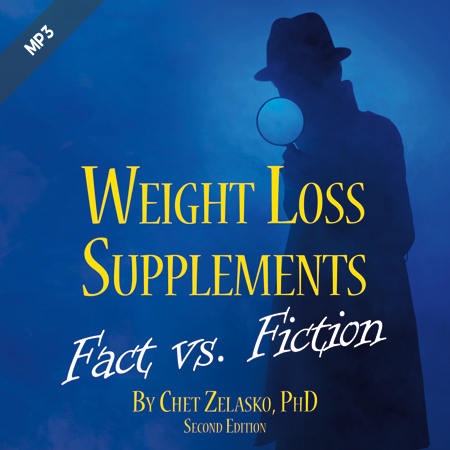Subtotal: $8.95
Behind the Misleading B Vitamin Headlines
Headlines are designed to be provocative. With so many sources of news to choose from, something must get you to click on that link. The problem is when the articles and posts are misleading and, in some cases, just wrong. There were primarily two things wrong about the two online articles I cited in Tuesday’s Memo. I could have picked just about any articles about the study but these were the highest profile.
First, the headlines and the body of the text in both articles implied that the increased risk applies to everyone who uses high doses of vitamins B6 and B12. That’s false. There were so few cases of lung cancer in non-smokers, they saw no reason to analyze that data. Either that’s outright deception or the reporters didn’t read the study.
Second, the word “cause” was used in some headlines, and that’s just false. This was an observational study; the original data on supplement use was collected at the beginning, and then the researchers observed the health of the subjects via a centralized medical database. That type of study shows there’s a link of some kind but cannot show cause and effect.
What did the study actually say and what did the study author say about the results? I’ll let you know on Saturday.
One more thing: we try to make our Memo headlines grab your attention by using key words or asking an intriguing question. That’s part of the business of online information. But if we ever have a headline that’s truly misleading, I expect you to call me on it. Being reliable, trustworthy, and factual are our goals.
What are you prepared to do today?
Dr. Chet
Reference: J Clin Oncol. DOI: https://doi.org/10.1200/JCO.2017. 72.7735
 Weight Loss Supplements: Fact vs. Fiction MP3
Weight Loss Supplements: Fact vs. Fiction MP3 








